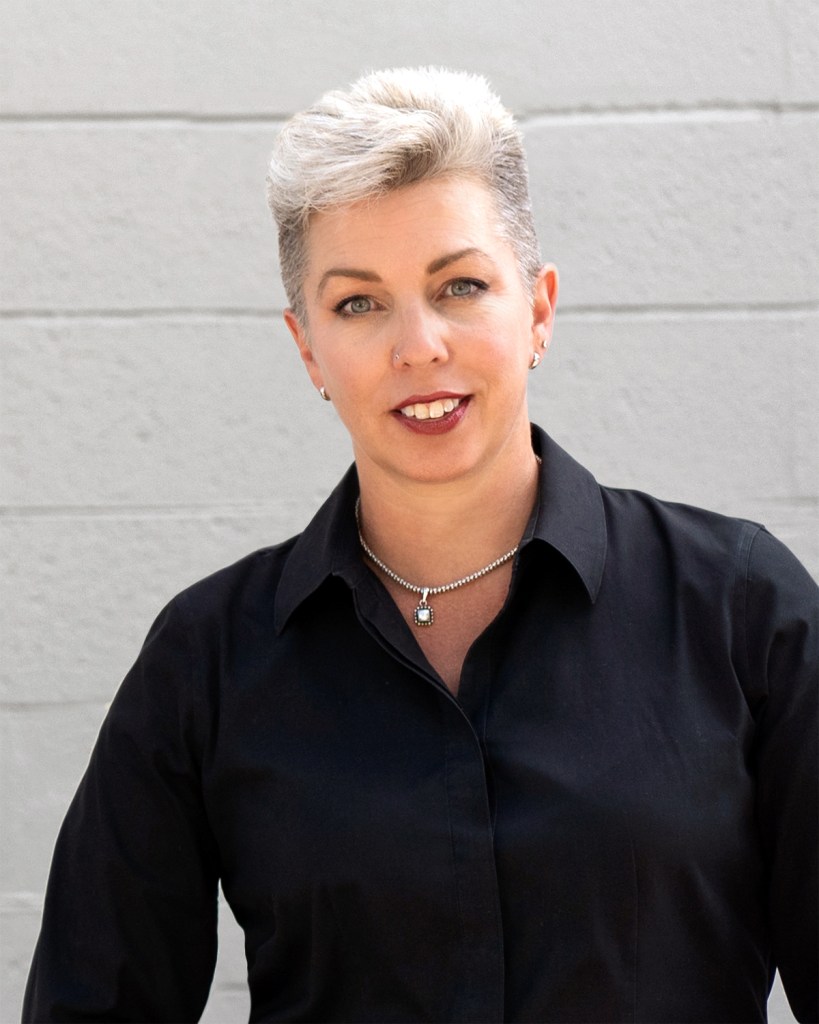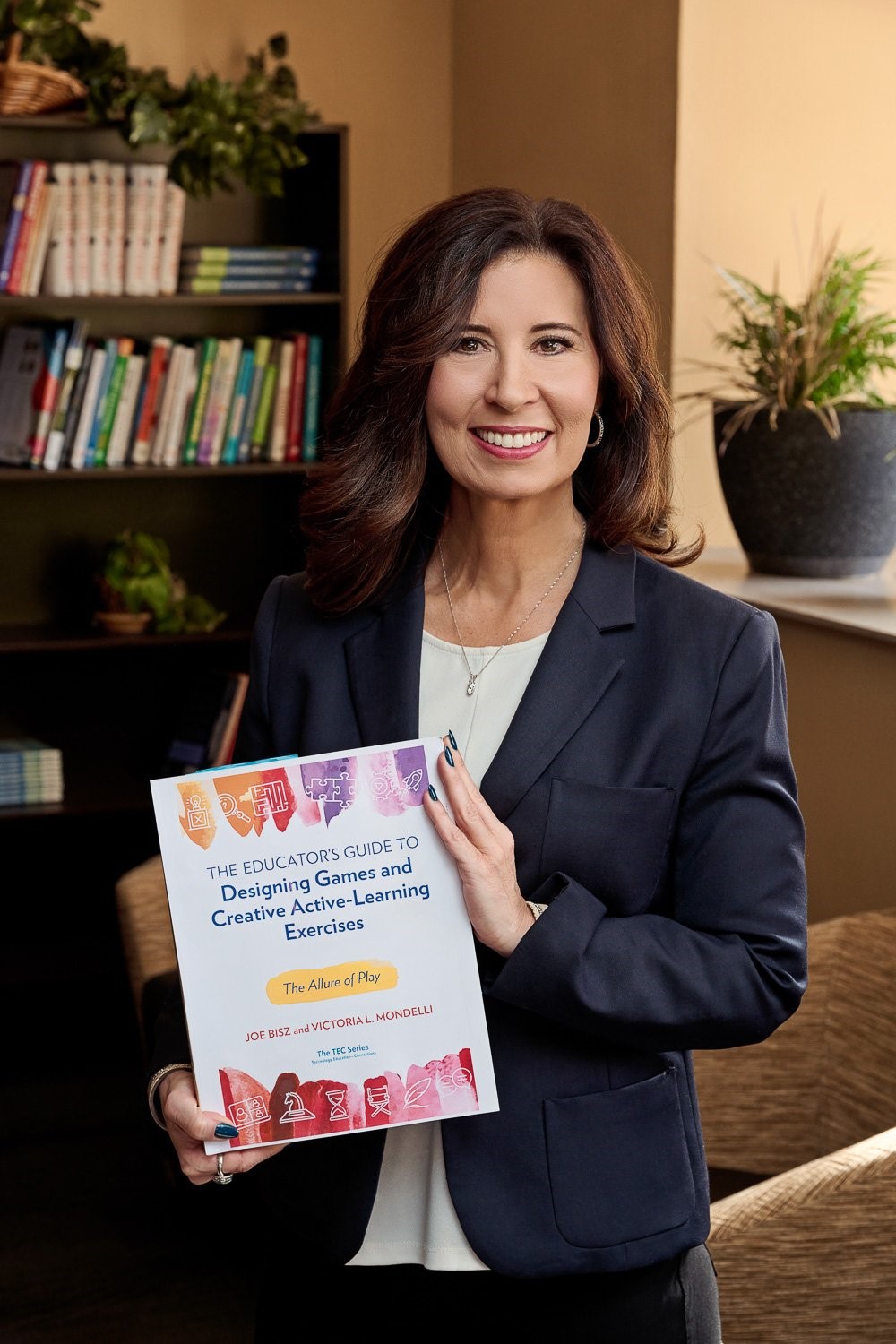Date: Friday, October 4, 2024
Location: Memorial Union
Details: All sessions are in-person
Theme: This year’s theme is harvesting ideas around curriculum mapping and generative Artificial Intelligence. Please join for our concurrent sessions and featured speakers.
Keynote Presentation: Friday, October 4, 2024|10:00 – 10:50 am (Memorial Union North 201B)
Keynote Speaker: Jonathan Cisco

Jonathan Cisco, Ph.D., is the Director of Educational Assessment at the University of Missouri. He trains educators on the essentials of teaching, learning, curriculum design, and assessment using evidence-based principles. He is the Co-Founder of The Grad Academy, a workshop series that trains graduate students to be successful that has guided thousands of graduate students to completion of their programs. His research has been published in Higher Education Research and Development, the Journal of Further and Higher Education, Literacy and Instruction, and Teaching and Learning Inquiry. Jonathan is an award-winning presenter in faculty and graduate student development. See his research profile here: https://www.researchgate.net/profile/Jonathan-Cisco
| 10:00am-10:50am | Keynote Session – From Curriculum to Career: Enhancing Student Success through Strategic Curriculum Mapping In this session, we will explore the practice of curriculum mapping as a tool to align courses with program outcomes and career-readiness standards. We will discuss the importance of moving beyond surface-level mapping to deeper, more meaningful connections between course objectives, activities, assessments, and broader educational and professional goals. Participants will examine real-world examples from across the university, reflect on the continuous nature of curriculum mapping, and engage in practical exercises to enhance their course alignment with career-readiness standards. Projected Outcomes: – Define and apply curriculum mapping techniques – Evaluate existing curriculum maps across degree programs – Reflect how curriculum mapping is an organic and continuous process – Discuss how and why to map curriculum to career-readiness standards Dr. Jonathan Cisco, Director of Educational Assessment |
| 11:00am-11:50am | Concurrent Session – “Words Matter for Student Success: How to Use Alerts to Encourage and Inspire Action,” Many student success efforts hinge on communicating with students in a way to spur action on the part of the student. Understanding best practices and research drawn from positive psychology, nudging, and student development provides insight into feedback strategies and communicating with students. Recent literature surrounding effective student feedback strategies has focused increasingly on using a “growth mindset.” A growth mindset refers to the belief that an individual’s intelligence and abilities are not static (Dweck, 2006). This can impact the way in which a student approaches courses and their content. This mindset also needs to be coupled with clear and accurate action steps about how they can achieve their goal and improve their performance. (Limeri, et al., 2020) This presentation will review the research, highlight strategies, provide an overview of early alert feedback tools in MU Connect, and discuss opportunities to enhance feedback and student communication Projected Outcomes: – Understand the research around nudging and positive language – Understand the MU Connect early alert student process and associated student communications – Enhance personalized student feedback for early alert communications to better support student success and outreach processes Samantha Horton,Student Success Initiatives Coordinator – MU Connect Bailey ReederAcademic Early Alert Coordinator – MU Connect |
| 11:00am-11:50am | Concurrent Session –AI-Enhanced Assignments, a Faculty Development Workshop Since the launch of OpenAI at the end of 2022, Generative Artificial Intelligence (AI) tools have gained a lot of attention worldwide. AI tools are in their early stages of development and adoption and we’re still exploring how to best integrate them into education and understand their effects on learning. While AI offers exciting possibilities for enhancing learning, its novelty also raises concerns about its impact on academic integrity and learning. Most discussion around AI in higher education is a reaction to AI’s disruptive impact on teaching and learning. Faculty have little time to figure out the challenges brought by AI tools as survey studies (Coffey, 2023) indicate that students are currently using AI tools. Educators and researchers have been investigating the instructional values of AI tools; how to incorporate AI in teaching, and the impact on teaching and learning within a short time. In this session, we will discuss the needed mindset change of educators in the era of AI and showcase examples of AI-enhanced assignments. The presenters will demonstrate strategies and rationale in designing AI-enhanced assignments. Projected Outcomes: – Discuss the pedagogical use of AI and how it can address students’ learning needs. – Design AI-enhanced assignments based on student learning objectives. – Identify characteristics of course assignments and assessments that can lead to inequities in student success issues due to the advent of AI. Molly Vetter Dreier, Associate Teaching Professor – College of Health Sciences Greg Cox, Assistant Teaching Professor – College of Health Sciences Ying-Hsiu Liu, Missouri Online Instructional Designer – College of Health Sciences |
| 11:00am-11:50am | Concurrent Session – Free Generative AI for Education: Three Tools to Get Started What can you do for free with generative artificial intelligence (AI) to foster innovative teaching and student engagement? We’ll provide short demos of free versions of tools based on OpenAI’s latest language model (ChatGPT-4o and Microsoft Copilot) and a search engine that uses AI to answer questions in a conversational format (Perplexity.ai). Dr. du Plessis will also present several AI assignments she created for her online history class at MU. They offer students opportunities to use AI to improve writing skills, prepare questions for oral history interviews, and simulate practice interviews. She will share reflections from the class and invite participants to share their ideas and experiences. Projected outcomes: By the end of this session, participants will be able to: – Distinguish between the capabilities and limitations of three generative AI tools. – Creatively leverage these tools to foster innovation and student engagement. – Make informed decisions about integrating AI tools into their teaching practices. Resources Preview Liz’s assignments on thispublic Canvas site. Read about Generative AI on the Missouri Online website. Liz du Plessis, Manager of Instructional Design – Missouri Online Tom Roedel, Instructional Technologist III – Missouri Online |
| 11:00am-11:50am | Concurrent Session–Promoting Student Health & Well-Being Services for Mizzou Students Physical health and well-being impact a student’s ability to focus, learn and do well in class. This session will provide an overview of the wealth of health and well-being resources available to Mizzou students and will provide tips on how faculty can be allies for student well-being. Projected Outcomes: – Understand the needs of our students where health and well-being are concerned – Learn where to get help for yourself and students. Jamie Shutter, Executive Director – Student Health & Well-Being Bonnie Hood , Director – Wellness Resource Center |
| 12:00pm-12:50pm | Lunch Lunch will be held in Memorial Union – Stotler Lounge. Join us for “Birds of a Feather”-style conversation over lunch, discussing topics from the preceding concurrent sessions. |
| 1:00pm-1:50pm | Concurrent Sessions – How to Use Peer Review, Student Feedback, and Self-Reflection to Enhance and Report on Your Teaching Evaluation is intimidating, but it is a vital part of scholarship. Just as we rely on the input from others to improve our research and creative work, we can do the same for our teaching. Mizzou currently uses three forms of teaching evaluation: peer review, student feedback, and self-reflection. All three can improve teaching and learning outcomes. In this session we will discuss these processes and learn how each help us improve as educators, with special focus on formative peer review. We will also discuss how the three forms overlap and together can be framed to communicate the teaching practices and learning happening in your classroom. Projected Outcomes: Participants will: – Explain the purposes and basic processes of the three methods for evaluating teaching at Mizzou: student, peer, and self-reflection. – Distinguish between formative and summative forms of evaluation of teaching. – Discuss ways the evaluation processes can help improve their teaching and learning outcomes, especially formative peer review. – Contextualize their evaluations to accurately reflect the teaching and learning in their courses. Bethany Stone, Curators’ Distinguished Teaching Professor of Biological Sciences – Biology Steve Klien, Associate Teaching Professor- Communication |
| 1:00pm-1:50pm | Integrating Community Engaged Learning Outcomes into Your Curriculum Courses involving service to community partners provide students unique opportunities to apply what they’re learning in the classroom and showcase MU’s public value. However, to reap the full benefits of community engaged learning we can’t just add in engagement experiences and leave the rest unchanged- course learning objectives need to be informed. Whether you are service learning curious or have you already been experimenting with connecting your coursework to community engagement, this session can help you explore the integration of community engaged learning outcomes into your courses. Consider how to craft clear, measurable objectives that align academic learning with community engagement, encourage student reflection, and align to larger university initiatives. Projected Outcomes: Participants will: -Learn practical strategies for incorporating community engagement into their curriculum across various disciplines -Differentiate between academic and community engaged learning objectives as well as how they can inform each other -Understand the process for community engaged/service learning course designation at MU Graham McCaulley, Director – Office of Engaged Learning |
| 1:00pm-1:50pm | Integrating Undergraduate Research Learning Outcomes into your Courses and Mentoring Undergraduate Research is an important High Impact Practice (HIP) at MU. This session will outline several frameworks to consider when creating or enhancing courses, mentoring, and programs to maximize student learning and engagement. We will also share the plans for designating courses with a new “Research Intensive” (RI) course attribute. This session will be helpful for faculty who mentor individual students, instructors who teach with a CURE approach (Course-embedded Undergraduate Research Experiences) and wish to gain RI designation, and leaders of department honors programs. Projected Outcomes: Participants will: -Connect their own course objectives with NACE competencies and EvaluateUR learning outcomes -Understand the requirements for the new Research Intensive (RI) Course Attribute designation at MU -Consider the learning environment for course-based, independently-mentored undergraduate research experiences, and programs using High Impact Practices Quality Dimensions and a holistic model of student research engagement Linda Blockus, Director – Office of Undergraduate Research |
| 1:00pm-1:50pm | Rethinking Accessibility: Moving Beyond Accommodations with Universal Design As the number of disabled students in higher education continues to rise, faculty are increasingly called upon to provide accommodations and create accessible learning environments. This presentation will explore current disability trends within higher education and provide practical strategies for faculty to address the diverse needs of this population. By applying the principles of Universal Design for Learning (UDL), educators can proactively create courses that minimize the need for individual accommodations and support all students’ success. Join us to learn how to enhance your teaching practice by embedding accessibility into every aspect of your course design. Projected Outcomes: Faculty who attend this session will be able to: – Understand the current trends and challenges faced by disabled students in higher education – Explain the key principles of Universal Design for Learning and their relevance – Analyze their current course to identify potential barriers to access – Create strategies to implement UDL in their own course to better support students, including those with disabilities Ashley Brickley – Director, Mizzou Disability Center |
| 1:00pm-1:50pm | Redefining Rigor: Strategies for Deepening Student Engagement in Writing Assignments In this session, we will help you navigate the challenges of maintaining (or even increasing) the rigor of your class while also accounting for students’ interests and challenges, especially in the post-covid and GenAI era. By reconsidering the role of assignment design and feedback strategies in the rigor of a course, we can shift our focus beyond difficult course concepts to a higher level of individualized thinking and growth. Projected Outcomes – Reflect on the current rigor of their course related to writing assignments – Discuss ways to challenge students to deepen their connection to the subject matter through writing – Analyze assignment design and feedback strategies to increase rigor Julie Birt, PhD, Assistant Director – Campus Writing Program Christy Goldsmith, PhD, Associate Director – Campus Writing Program and Assistant Teaching Professor – College of Education and Human Development |
| 2:00pm-3:15pm | Featured Session – Small Teaching with AI: Practical Strategies to Help Students Engage and Learn As we navigate the impact of Generative AI on teaching and learning, many faculty members experience mixed emotions and attitudes about whether and how to incorporate AI in our classes, whether students will learn foundational knowledge and skills, and what the advent of AI means for education, work, and society more broadly. Feeling overwhelmed is natural, but small teaching can help. We’ll make the case for teaching with AI even as we continue to grapple with the bigger questions and concerns. We’ll explore pedagogically purposeful ways of moving forward with AI that are doable and don’t create a lot of extra work: ideas that help us gain momentum and help our students develop AI literacy, critical fluency, and integrity in their work. Projected Outcomes: After attending this session, participants will be able to: – Discuss ethical and equity-focused considerations for integrating AI in our teaching in meaningful ways – Identify motivations that can help us and our students develop AI literacy and competencies – Select from a range of not-overwhelming, feasible practical strategies to begin incorporating AI in our courses. Flower Darby, Associate Director – Teaching for Learning Center |
3:30pm- 5:00pm | Featured Session – What’s your Game Plan?! Cap off the conference with a social game that produces game ideas among colleagues. Game-Based Learning is a powerful active-learning strategy for all disciplines and levels. Explore and co-create a game idea or prototype in this collaborative play-space. Experience a design debrief facilitated by Dr. Tori Mondelli, co-author of The Educator’s Guide to Designing Games and Creative Active-Learning Exercises: The Allure of Play (TCP, 2023). Projected Outcomes: – Build community among educators interested in Game-Based Learning. – Co-create a game idea or prototype for an actual lesson. – Reflect on how game mechanics emphasize or reinforce cognitive and/or affective states that support learning. Tori Mondelli, Founding Director – Teaching for Learning Center |